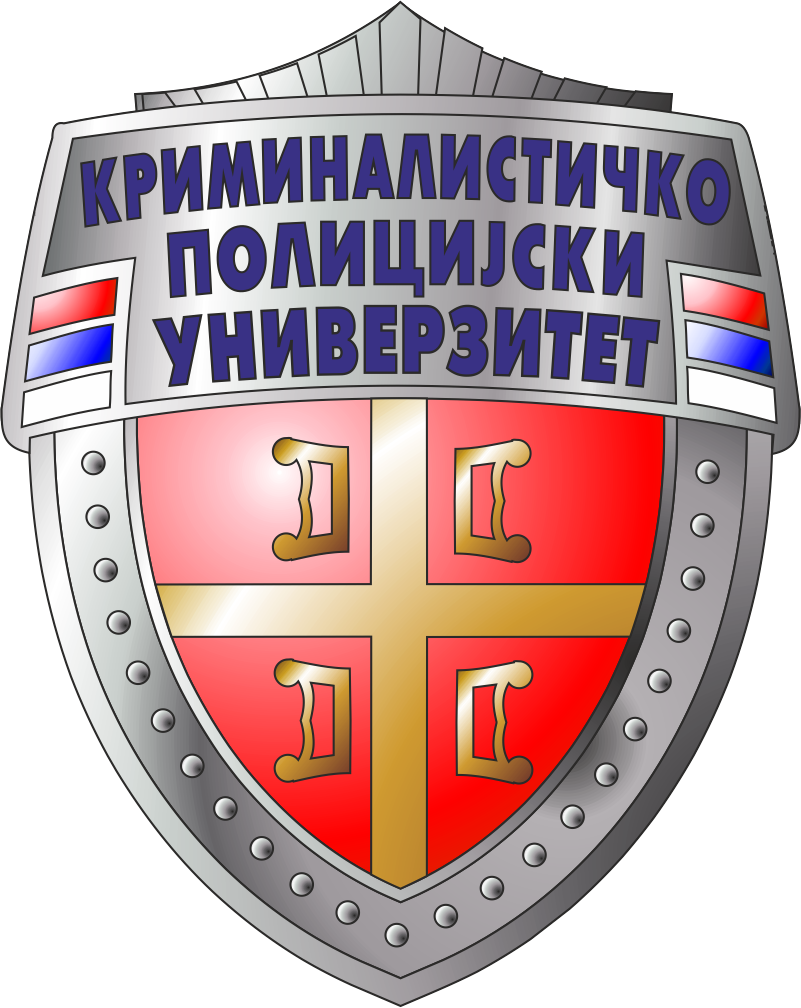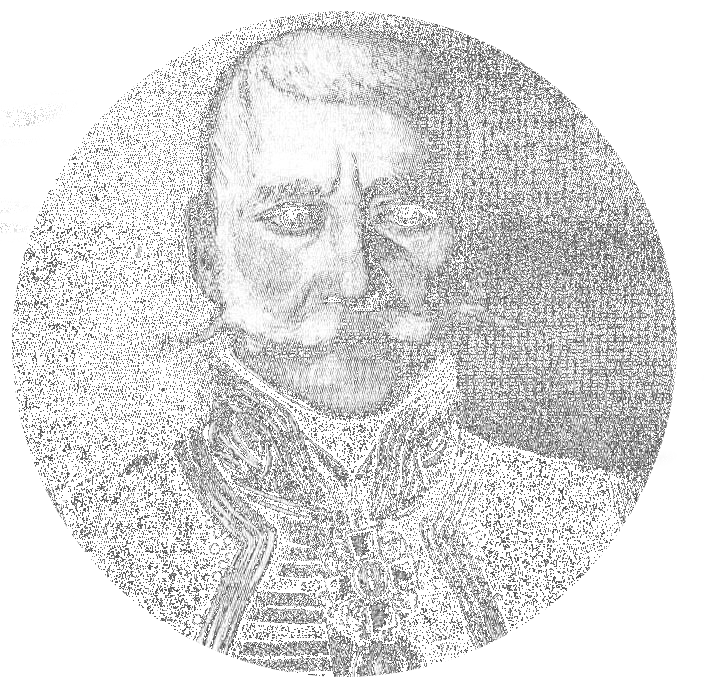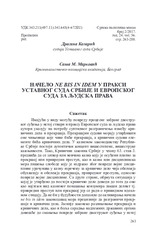Приказ основних података о документу
Начело ne bis in idem у пракси Уставног суда Србије и Европског суда за људска права
Ne Bis In Idem Principle in Practice of the Constitutional Court of Serbia and the European Court of Human Rights
| dc.creator | Коларић, Драгана | |
| dc.creator | Марковић, Саша М. | |
| dc.date.accessioned | 2024-02-05T12:51:10Z | |
| dc.date.available | 2024-02-05T12:51:10Z | |
| dc.date.issued | 2017 | |
| dc.identifier.issn | 0354-5989 | |
| dc.identifier.issn | 1452-3108 (online) | |
| dc.identifier.uri | http://jakov.kpu.edu.rs/handle/123456789/1583 | |
| dc.description.abstract | Имајући у виду могућу повреду процесне забране двоструког суђења у истој ствари и праксу Европског суда за људска права аутори указују на потребу суптилног разграничења између кривичних дела и прекршаја. Прекршајни судови морају утврђивати оне чињенице које чине биће прекршаја, а кривични судови елементе бића кривичних дела. У казненом законодавству Републике Србије постоји аутентичан концепт вишестепене, вишеструке кажњивости. Тако, Кривични законик Србије у члану 63. став 3. предвиђа да се затвор или новчана казна коју је осуђени платио за прекршај или привредни преступ, као и казна или дисциплинска мера лишења слободе коју је издржао због повреде војне дисциплине урачунава у казну изречену за кривично дело чија обележја обухватају и обележја прекршаја, привредног преступа, односно повреде војне дисциплине. Са друге стране, обрнута ситуација у којој је утврђено да постоји кривично дело доводи до тога да оно као најтежи вид казненог понашања конзумира лакши деликт тј. привредни преступ или прекршај јер се ради о привидном идеалном стицају. Да не би у будућности долазило до активирања начела ne bis in idem законодавац мора прецизније да разграничи прекршаје и кривична дела. Јасније законско разликовање прекршаја и кривичних дела, као и боља сарадња надлежних државних органа довешће до смањења повреде забране двоструког суђења у истој ствари. Питање идентитета казнених деликата је једно од најтежих питања примене начела ne bis in idem, посебно када имамо преклапање тежих прекршајних и кривичних дела тј. када се у оба случаја могу изрећи затворске казне. | sr |
| dc.description.abstract | Taking into account the possible breach of the prohibition against repeated criminal proceedings and the practice of the European Court of Human rights, the authors point out the need of subtle delimitation of criminal offences from minor offences. Misdemeanour Courts must establish the facts that make the subject matter of minor offences, and Criminal Courts the subject matter of criminal offences. In the criminal legislation of the Republic of Serbia there is an authentic concept of multi-stage or manifold culpability. Thus, the Criminal Code of Serbia in its Article 63, paragraph 3, stipulates that a prison sentence or a fine which the offender has served or paid for a misdemeanour or commercial offence, as well as sentence or disciplinary measure of depriving of liberty which the offender has served for violation of military discipline shall be credited to the sentence pronounced for a criminal offence whose elements comprise also the elements of a misdemeanour, commercial offence or violation of military discipline. On the other hand, a reverse situation in which a criminal offence has been established may result in this most serious form of punishable behaviour to consume a less serious offence, i.e. commercial offence or misdemeanour because it is a seemingly ideal concurrence of offences. In order to prevent the activation of the ne bis in idem principle in the future, the legislator must delimit misdemeanours from criminal offences more precisely. Clearer legal differentiation between misdemeanours and criminal offences, as well as better cooperation of competent state authorities would lead to reduced number of breaches of prohibition against repeated criminal proceedings. The matter of identity of punishable offences is one of the most difficult matters of implementation of the ne bis in idem principle, particularly when there is overlapping of more serious minor offences and criminal offences, in other words when sentence of imprisonment can be delivered in both cases. | sr |
| dc.language.iso | sr | sr |
| dc.language.iso | en | sr |
| dc.publisher | Београд : Институт за политичке студије | sr |
| dc.rights | openAccess | sr |
| dc.rights.uri | https://creativecommons.org/licenses/by/4.0/ | |
| dc.source | Српска политичка мисао = Serbian political thought | sr |
| dc.subject | ne bis in idem | sr |
| dc.subject | Evropski sud za ljudska prava | sr |
| dc.subject | Ustavni sud Srbije | sr |
| dc.subject | prekršaji | sr |
| dc.subject | krivična dela | sr |
| dc.subject | ne bis in idem | sr |
| dc.subject | the European Court of Human Rights | sr |
| dc.subject | the Constitutional Court of Serbia | sr |
| dc.subject | minor offences | sr |
| dc.subject | criminal offences | sr |
| dc.title | Начело ne bis in idem у пракси Уставног суда Србије и Европског суда за људска права | sr |
| dc.title | Ne Bis In Idem Principle in Practice of the Constitutional Court of Serbia and the European Court of Human Rights | sr |
| dc.type | article | sr |
| dc.rights.license | BY | sr |
| dc.citation.volume | Год. 24, vol. 56 | |
| dc.citation.volume | ||
| dc.citation.issue | бр. 2 | |
| dc.citation.spage | 263 | |
| dc.citation.epage | 280 | |
| dc.identifier.doi | 10.22182/spm.5622017.15 | |
| dc.identifier.rcub | https://hdl.handle.net/21.15107/rcub_jakov_1583 | |
| dc.identifier.fulltext | http://jakov.kpu.edu.rs/bitstream/id/6662/SPM-56-15.pdf | |
| dc.type.version | publishedVersion | sr |
| dc.identifier.cobiss | 109273609 |


